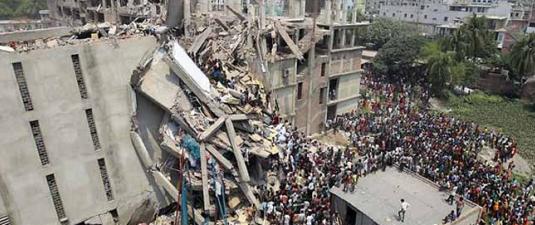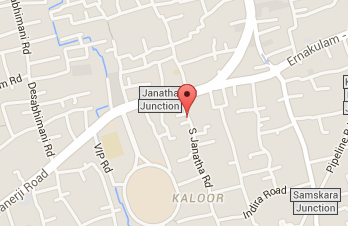Is your building adequately protected against earth-quake?

After the consecutive earthquakes in Nepal and the tremors being felt across India, home owners are approaching us in large numbers for home protection against earthquake. The fear is higher in the case of owners living in high raise buildings since the risk of earthquake is higher in case of taller buildings. Very often your building association might have taken cover against earthquake and you feel that you are hence protected!
However there are certain aspects that you have to clarify in case your building association has taken cover. First and foremost natural calamities like earthquake, flood and inundation are covered under Standard Fire and Special Perils policy. So to get protection under an earthquake you need to cover your home under a fire policy.
The next question is how much should be the cover you take. When you set the cover or sum insured for insurance, the current replacement cost of your building should be taken. Very often the Sum insured that the building association has kept would be the value which the builder declared at the time of handing over rather than the current replacement cost with the intention to reduce the total premium payable. The disadvantage is that during the event of a claim, the insurer would apply the principle of under insurance and the benefit that the home owner gets from such policy would be less and would not be enough to rebuild or purchase a new home.
Moreover, when the building association insures the same, they would be insuring only the structure without taking into consideration the value of contents of your home. In the event of an earthquake or a fire, the contents also would be damaged and the same would require replacement. Hence it is imperative that the contents are also covered from fire and earthquake damages.
A Standard Fire and special perils policy apart from Fire and earthquake cover other damages to your home and contents like lightning, riot, strike, malicious damage, bursting and overflowing of water tanks and pipes and so on.
So the next time your building association takes fire insurance, clarify with them on the sum insured and if you feel that the sum insured is inadequate either sensitise the member the importance of fixing the right sum insured or go ahead and take a fire policy for your own unit covering structure as well as contents.
Better safe than sorry!
- Log in to post comments






